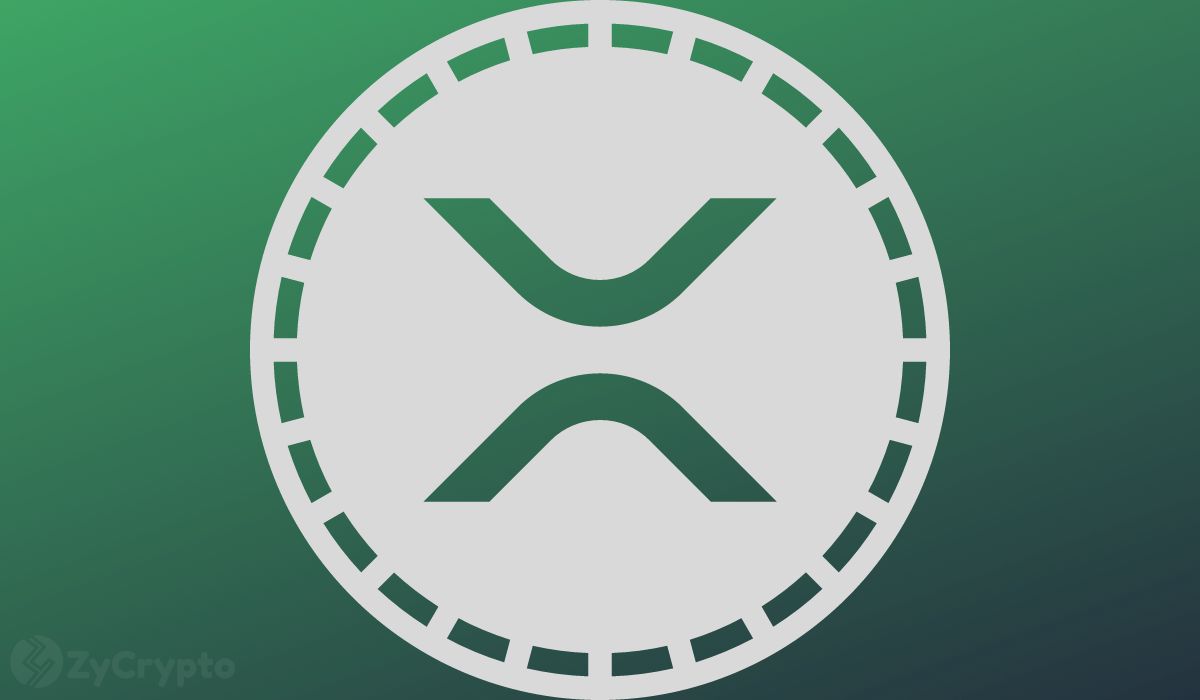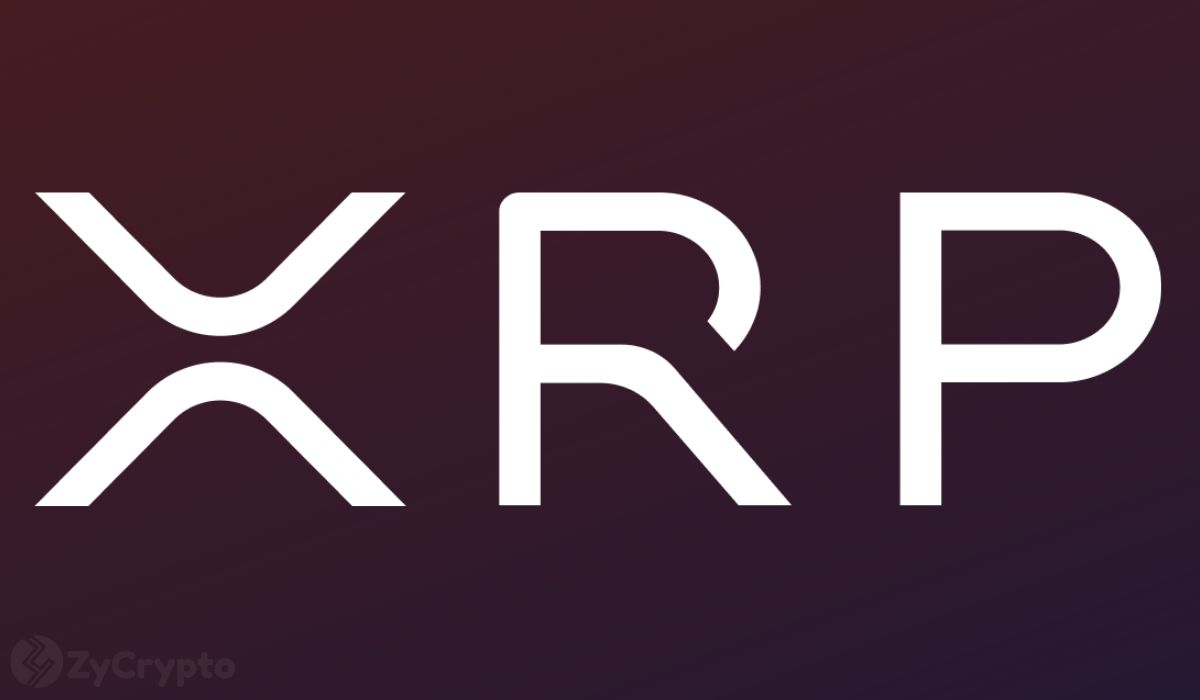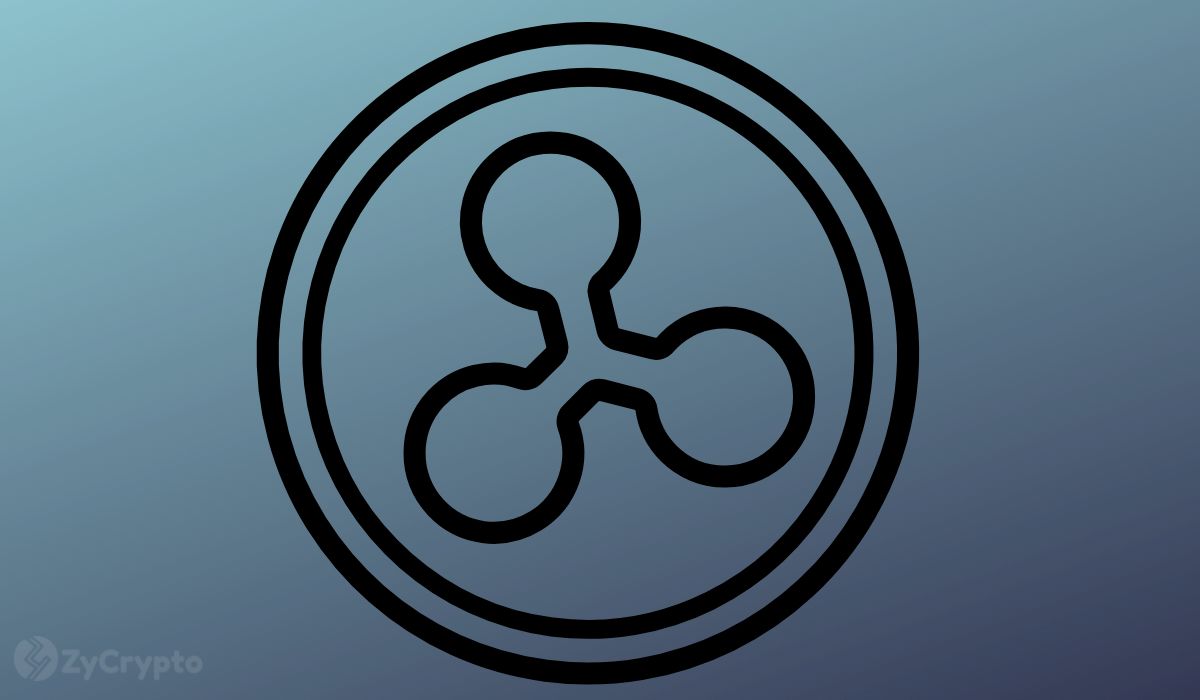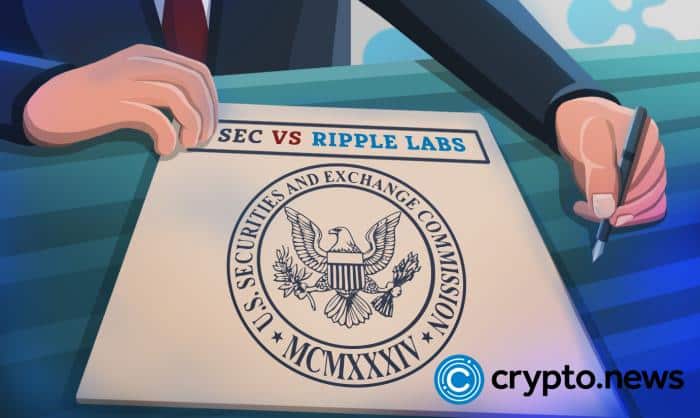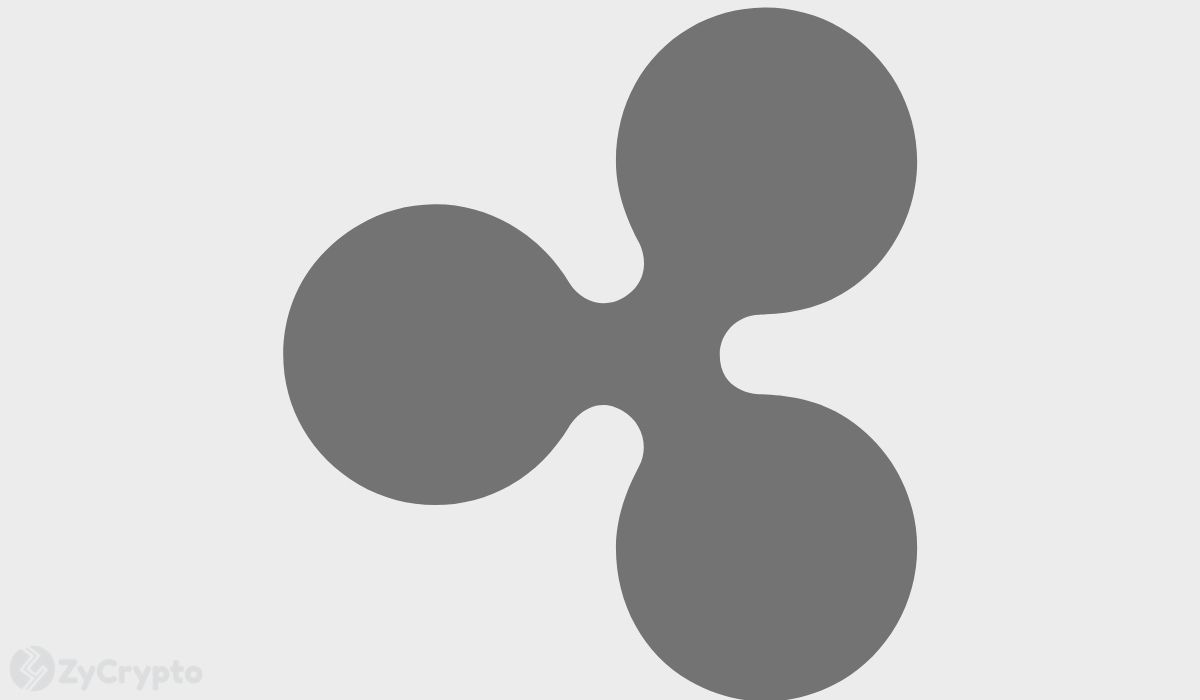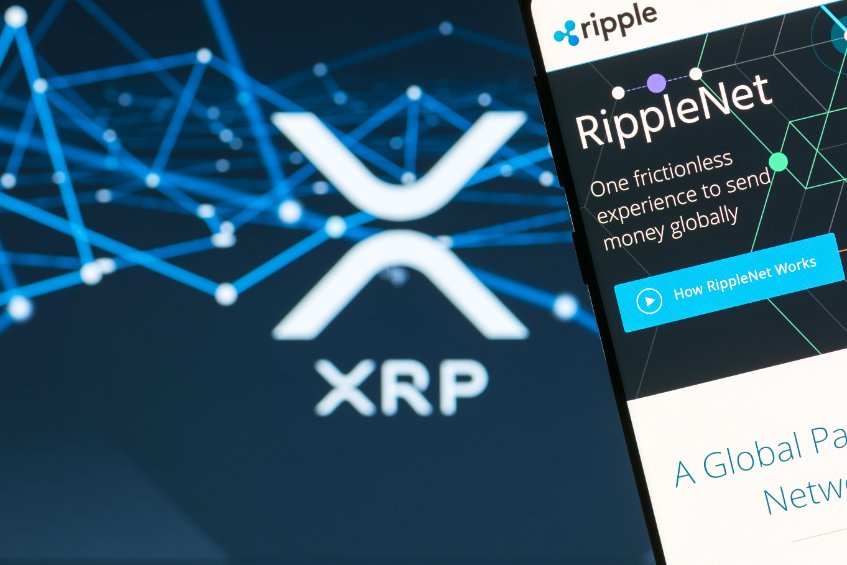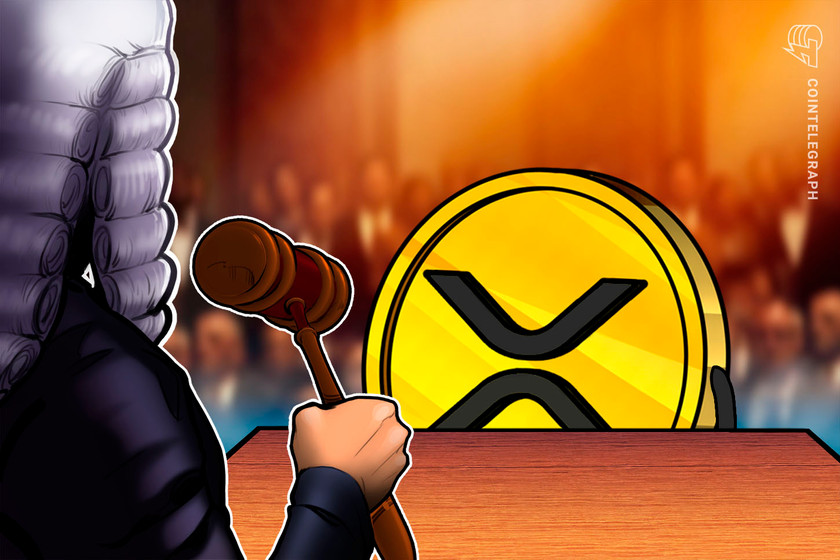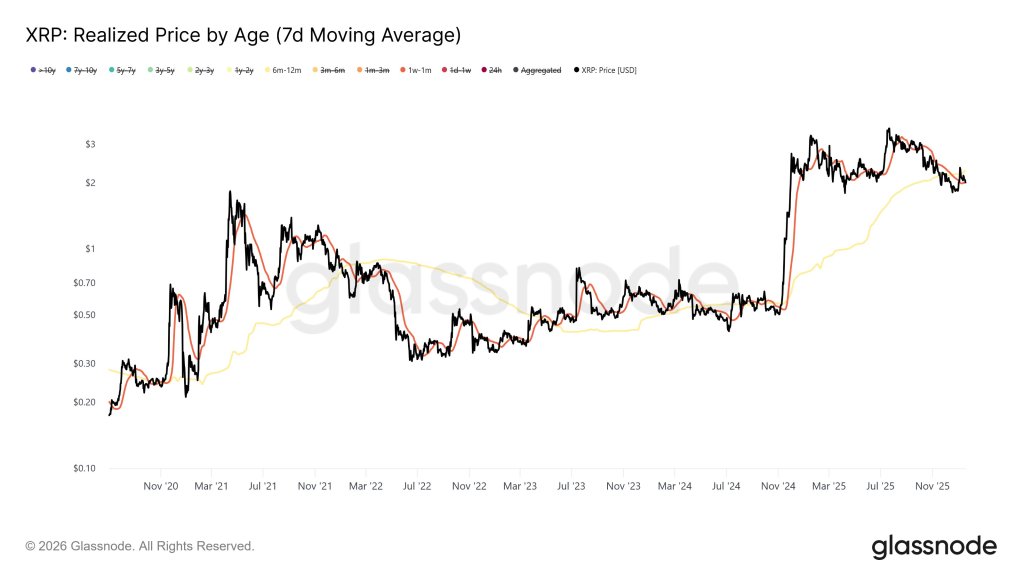2024-4-24 08:50 |
In yesterday’s court filing opposing the US Securities and Exchange Commission’s (SEC) motion for remedies and final judgment, Ripple disclosed significant changes to its On-Demand Liquidity (ODL) operations in the United States. The filing clarified that its US-based ODL services have shifted from using XRP to Tether (USDT) as a bridge currency.
Why Ripple Chose USDTThis strategic pivot was a response to the summary judgment in the SEC lawsuit which found that institutional sales fell under the US security laws. Since the ruling, non-US entities have been the sole contracting parties for XRP sales contracts to ODL customers. The filing highlights that “the company’s remaining ODL business in the United States uses a non-XRP bridge currency.”
Monica Long, President of Ripple, elaborated in an internal email, details of which were shared by prominent XRP community member Crypto Eri (@sentosumosaba) on social media platform X. Long stated:
Immediately following the Order, we took steps to migrate each US-based ODL customer from using XRP as the bridge currency in ODL to using USDT (or the contract was terminated). We should continue to use USDT (or BTC or other vetted stablecoins) for US based flows unless otherwise approved by Legal.
This adjustment reflects the company’s effort to ensure its service offerings align with US legal standards while still supporting global operations largely unaffected by the SEC’s scrutiny. The email emphasizes the strategic role of the Singapore subsidiaries, which now handle most contractual relationships for selling XRP to new ODL customers, particularly those outside the US Long notes:
Ripple’s Singapore subsidiaries have been the primary contracting entity for Commitment to Sell XRP contracts to new ODL customers, who are predominantly foreign. And since the Order, non-US entities have exclusively been the contracting parties for XRP sales contracts to ODL customers.
The restructuring within Ripple’s business model underscores a significant geographical and operational pivot. Most of ODL customers are located in the Asia-Pacific region, leveraging the monetary corridors between non-US entities and countries. The licensing of Ripple Markets APAC Pte Ltd by the Monetary Authority of Singapore facilitated this, as Long further explained:
To service our ODL customers, we should continue to leverage our foreign subsidiaries who are licensed by local regulators to lawfully conduct such activity.
Moreover, the court filing revealed the company’s financial dependencies and operational strategies preceding the SEC lawsuit. Ripple’s accounting expert, Anthony Bracco, calculated that the company operated at a loss from April 1, 2014, through December 22, 2020, without the revenue from XRP sales. This detail highlights the financial impact of XRP sales on Ripple’s overall business stability during that period.
“Bracco calculated Ripple’s monetary operating costs and income taxes paid, which total [redacted]. Deducting those expenses from Ripple’s pre-Complaint revenue from Institutional Sales in that period, which totals [redacted], and further deducting income taxes, which total [redacted], Ripple had a loss of [redacted],” the filing states.
At press time, XRP traded at $0.549.
origin »Bitcoin price in Telegram @btc_price_every_hour
Ripple (XRP) на Currencies.ru
|
|
